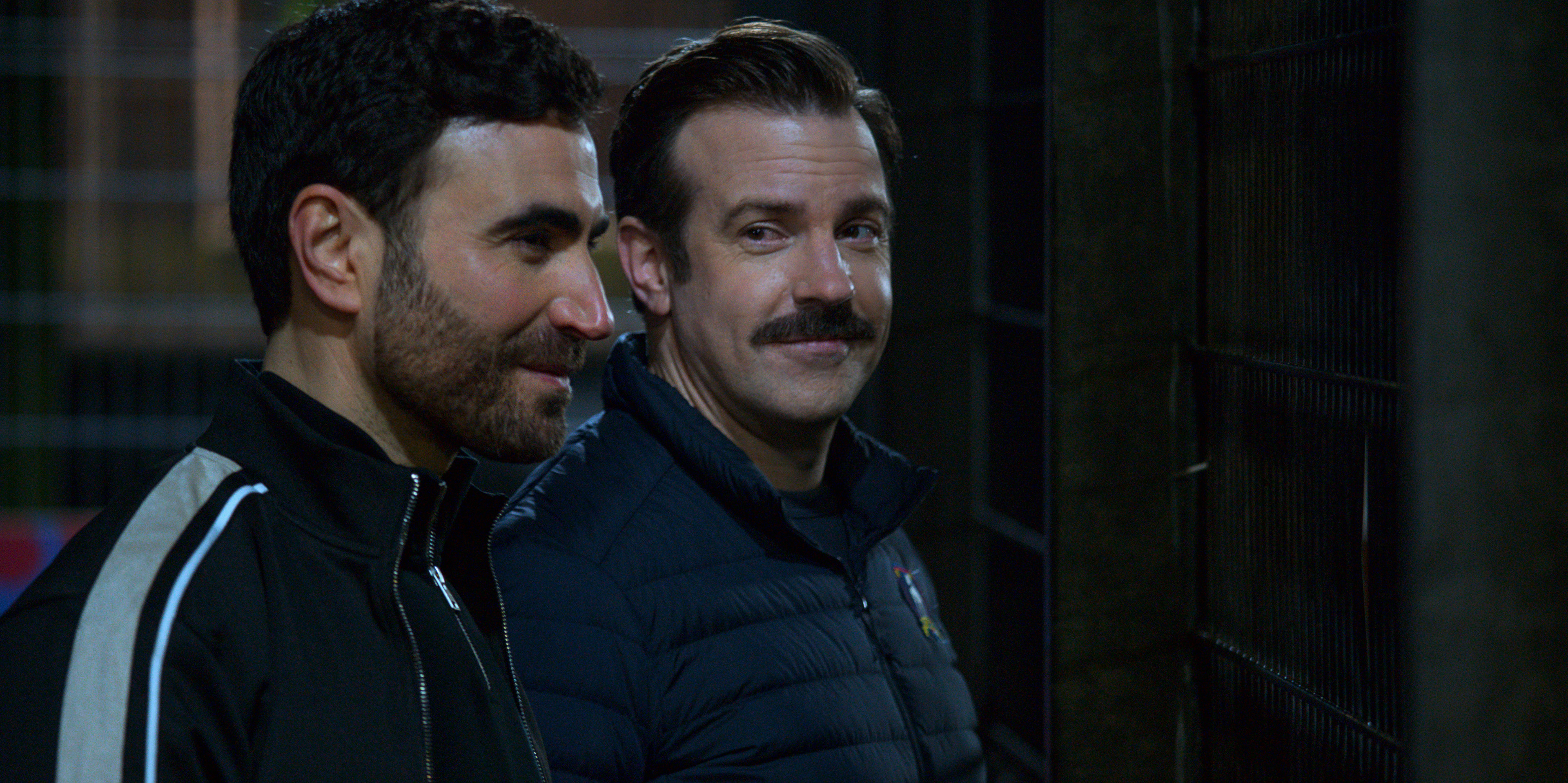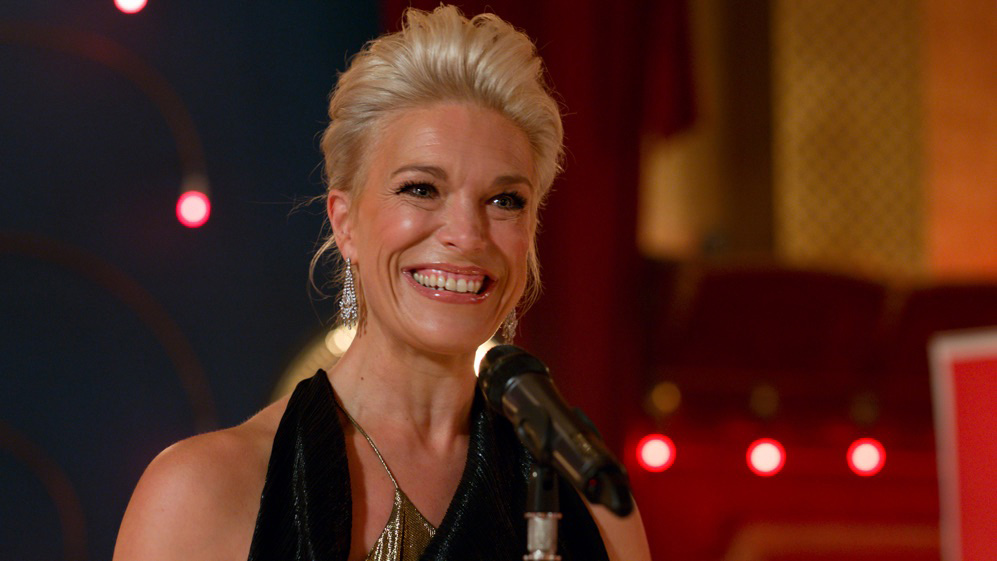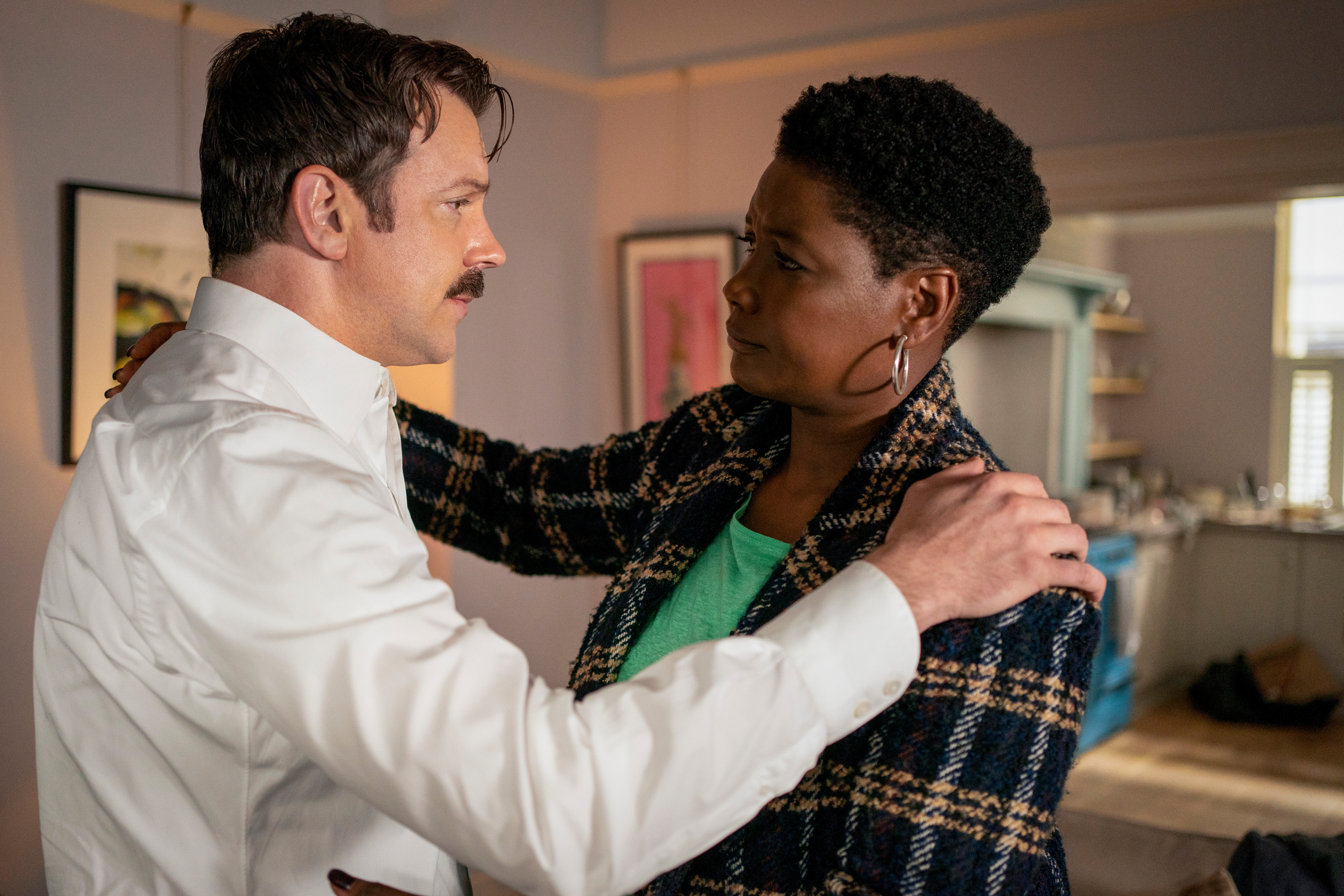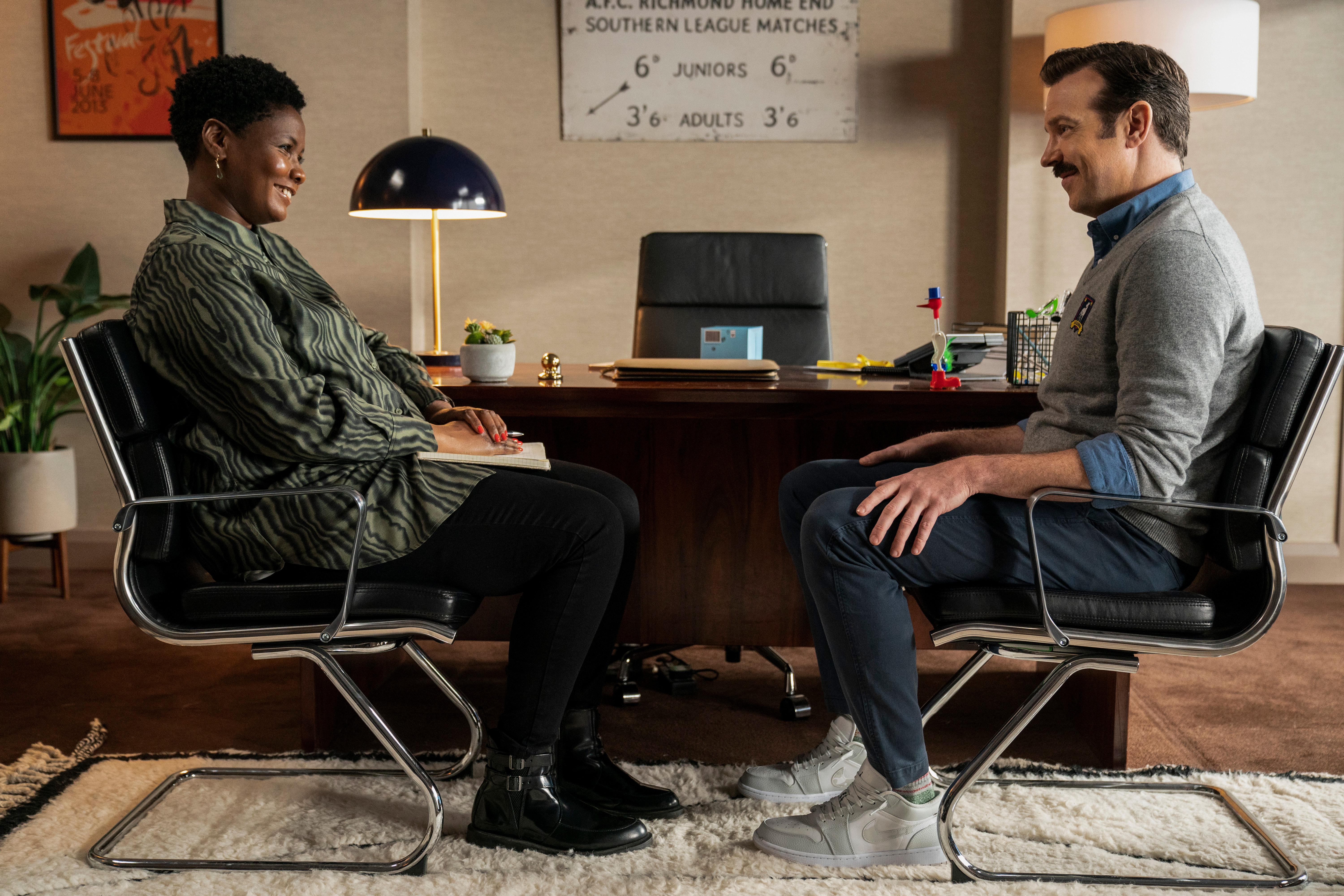
Beyond the Cheers: Ted Lasso’s Guide to Authentic Living
At first glance, Ted Lasso is a show about an American football coach out of his depth. But by the end of its run, it’s something else entirely: a quiet dismantling of performance culture. The optimism, the humour, the sportsmanship—they’re real, but they’re also armour. Underneath it all is the question most of us are too afraid to ask: Who am I when I stop trying to please everyone?
In a world that rewards appearances, Ted’s journey reminds us that healing doesn’t start with a win. It starts with telling the truth. Here are five moments where Ted Lasso stops performing—and invites us to do the same.
1. The Smile That Never Slips

Ted walks into AFC Richmond with a grin so wide it borders on delusion. He bakes biscuits, charms journalists, and refuses to take anything personally. It’s disarming. It’s funny. But it’s also rehearsed. We only believe in Ted’s optimism because we sense the pressure behind it. We’ve all been that person: the reliable one, the upbeat one, the “I’m fine” one. But consistency can be a costume. And the longer we wear it, the harder it becomes to take off.
2. The Panic Attack at Karaoke

Ted leaves the bar mid-song, chest tightening, eyes wild. No explanation. No big speech. Just a silent collapse which he tries to hide. It’s the first time the show admits what Ted’s been hiding: grief, anxiety, the cost of pretending. When you’re everyone’s emotional centre, there’s no room for your own breakdown. So you postpone it. You compartmentalise. Until your body calls time on your performance—and there’s nowhere left to run.
3. “I Need Help.”

After weeks of dodging therapy, Ted walks into Sharon’s office. Not with confidence. Not with clarity. Just honesty: “I need help.” It’s awkward. It’s quiet. It’s real. This moment breaks no records, wins no matches. But it changes everything. Admitting you can’t do it alone doesn’t make you weak. It makes you free. You don’t need to be fixed. You need to be heard.
4. Forgiving the Father

Ted tells Sharon about his dad’s suicide. He shares the guilt, the shame, the long silence that followed. It’s not for sympathy. It’s to stop hiding. And in doing so, he stops performing. He becomes a person—not a mascot. We carry family pain like it’s a private tax. But healing isn’t private. It’s shared. When we speak the unspeakable, we find others who’ve carried it too.
5. Leaving the Game
In the final episode, Ted leaves AFC Richmond. Not in disgrace. Not in triumph. Just... done. He chooses his son over his status. His real life over the role everyone loved. And in that quiet exit, he delivers his truest lesson: identity isn’t a performance. It’s a choice. Letting go of who we’re supposed to be is the first step toward becoming who we are.
Conclusion
Ted Lasso didn’t teach us how to win. He taught us how to come home to ourselves. When the cheers fade and the lights dim, what part of you is still standing? And what would happen if you let them speak?



